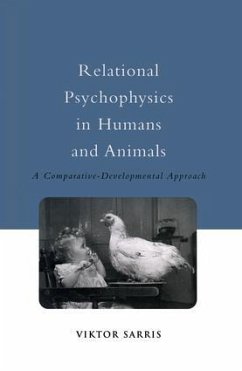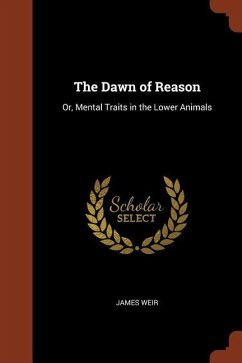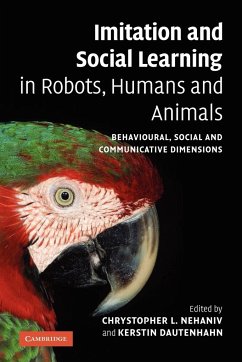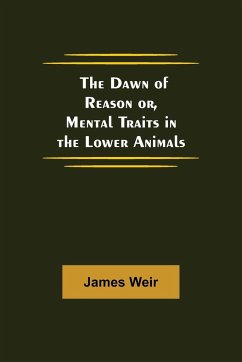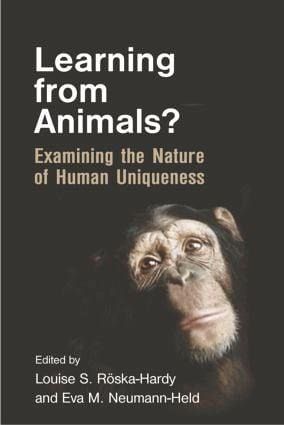
Learning from Animals?
Examining the Nature of Human Uniqueness
Herausgeber: Röska-Hardy, Louise S.; Neumann-Held, Eva M.
Versandkostenfrei!
Versandfertig in 1-2 Wochen
69,99 €
inkl. MwSt.

PAYBACK Punkte
35 °P sammeln!
In Learning from Animals? experts present empirical research, analyze issues raised by comparative approaches and debate their consequences for an understanding of human uniqueness.





